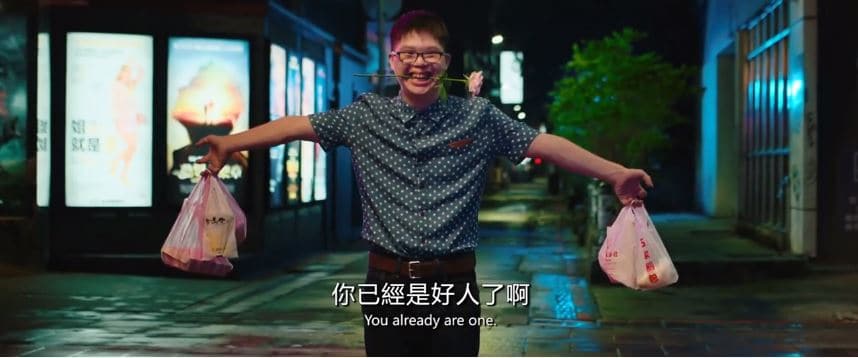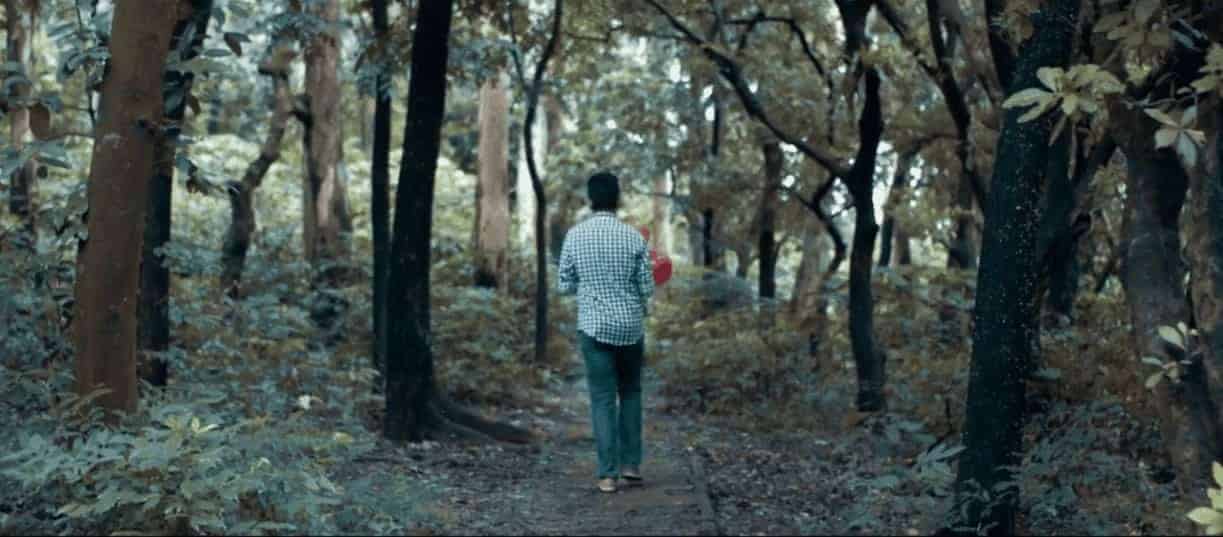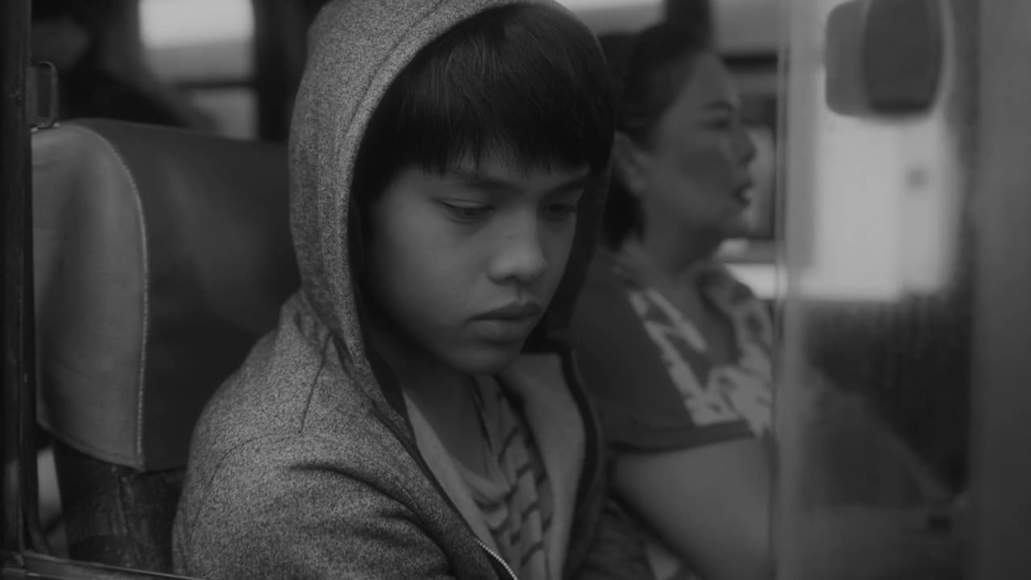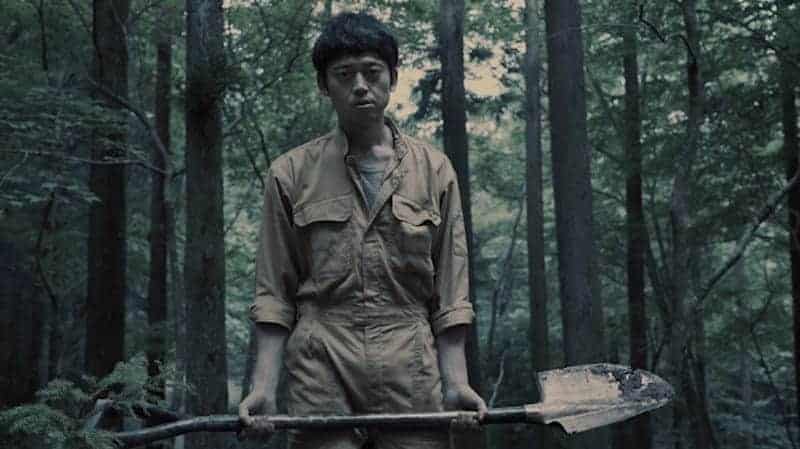Seven years after his multi awarded “Exit”, Chienn Hsiang returns with another portrait of middle-aged womanhood starring Chen Shiang-chyi, in a recipe he seems to be close to perfecting.
“Increasing Echo” is screening at Busan International Film Festival
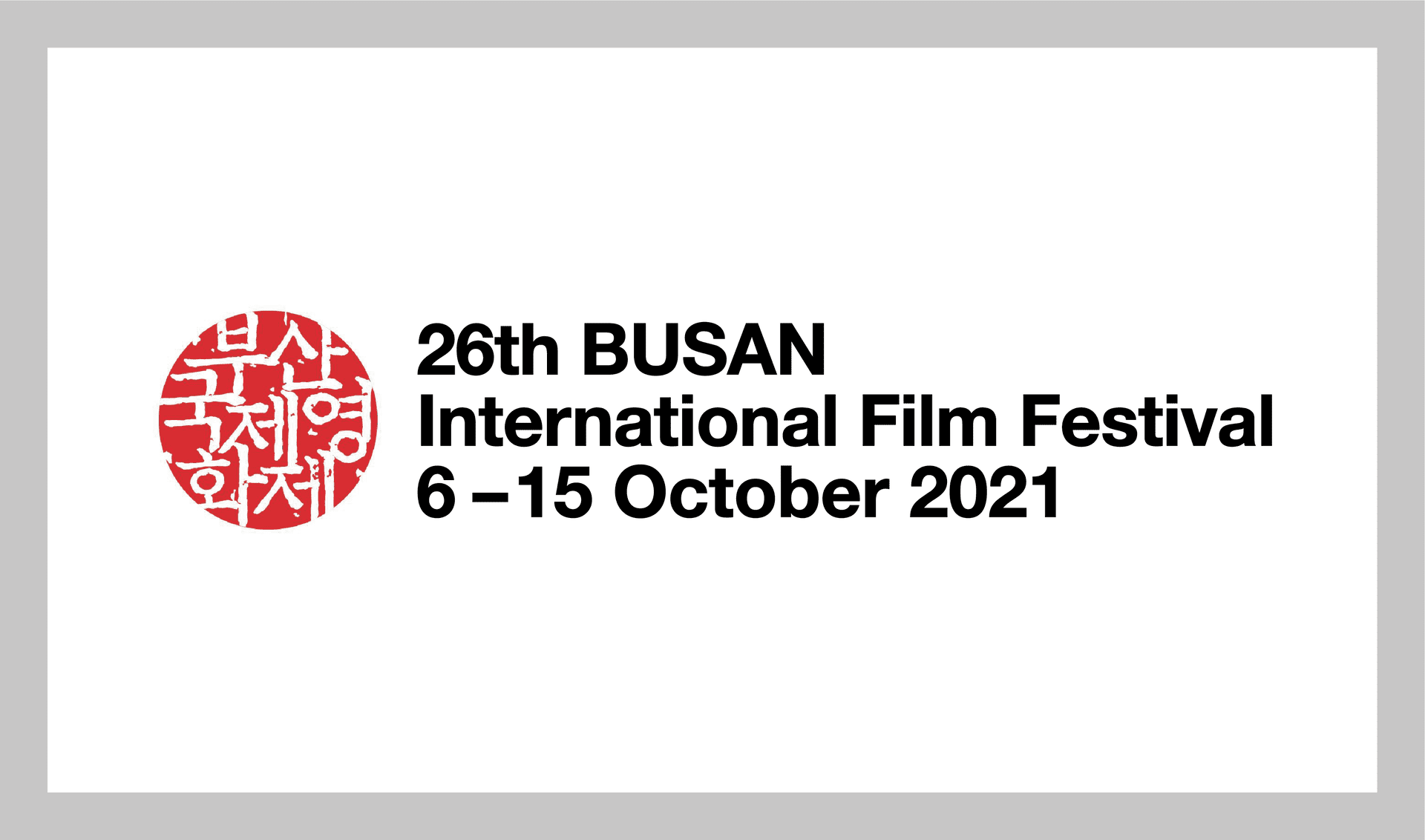
Mrs Yan is a middle-class wife, whose age crisis has forced her to move towards new paths, hugging trees in parks while blindfolded, chanting sutras and doing yoga in order to maintain a sense of balance in a life that is difficult to realize where it is going. Her husband, Fu-Sheng, on the other hand, is dealing with his own life crisis by bordering on alcoholism, even carrying a flask at the company he works for as a senior manager. The two of them live together and there seems to be nothing particularly wrong with their life, as their financial situation is good, their son is about to get married and they even own a dog Terry, in a situation that looks like the paradise of any small-bourgeois family. The distance between the two of them, however, is palpable, as they barely speak to each other, while the annoyance for the small things that only comes from living with the same person for years is also intense, as his reaction for the sound of blender that prepares Mrs Yan's smoothies eloquently showcases. However, when Mrs Yan receives a phone call from the sister of a mistress her husband used to keep, informing her that the woman is now mentally incapacitated and in an asylum, a whole other set of issues is brought to the fore. The reaction to the pressure both the past and the present brings is radically different for the two.

Chienn Hsiang directs a film that functions as a portrait of midlife crisis for a couple whose relationship seems to have ended a long time ago, despite the fact that neither one seems to have the strength to acknowledge or even accept the fact. Their reaction, however, is radically different. Mrs Yan has decided to tough it out, dealing with ex-mistresses and her husband's growing dependency on alcohol by trying to find any kind of distraction (the new age aspect we mentioned before), essentially being set on keeping her marriage alive no matter what. Fu-Sheng, however, has completely abandoned any kind of effort, dealing with life in the most detached way possible, as his treatment of both his son and the dog highlight quite eloquently, along with his alcoholic tendencies.
The underlying sentiments, which essentially can be described as spite, are also revealed in the same subtle but eloquent approach Chienn implements throughout the movie: she forces him to go and meet his incapacitated ex-girlfriend and he eventually takes away one of the few things she really cares about, in a level of revenge only married couple can reach. His behaviour, however, is much worse in general, with Chienn definitely taking the side of the wife in this case. The way the narrative unfolds after a fashion, as a kind of Odyssey for Mrs Yan, highlights this aspect even more, as much as the “hitting-bottom” element that inevitably comes at some point. Furthermore, and although the story can be perceived as a triumph of her efforts, the finale is rather pessimistic, showcasing that small, or even big wins, are not always enough to change the general picture.
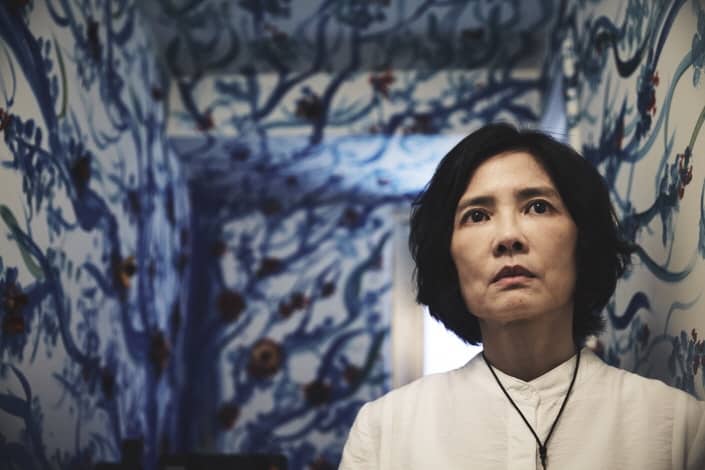
Also of note is the way Chienn communicates the tension throughout the film, with the echo of the gong and the sound of the blender having an alarming hypostasis, which becomes palpable during Mrs Yan's “trip”. Both Sidney Hu's sound and Terng Jaw-Chyang's editing help the most in that regard, along with Chienn's own cinematography, which focuses on realism but also manages to show the little details that reveal that something is wrong in the most artful way. The pace of the film is generally slow, in distinct art-house fashion, although the “chasing” part picks up the pace, in a welcome relief that also adds much to the entertainment the film offers.
The movie also benefits the most by the protagonist duo. Chen Shiang-chyi as Mrs Yan is impressive in the portrayal of her precarious patience, the bottled-up emotions and her resolve, while Chen Yi-Wen is excellent in the presentation of a man who has given up on a number of levels. Their chemistry is also great and finds its apogee in the bathtub scene, the most visibly intense one in the movie.
“Increasing Echo” is a great film, a triumph of realism and cinematic precision, and one that fans of (European) art-house will definitely have a blast with.



